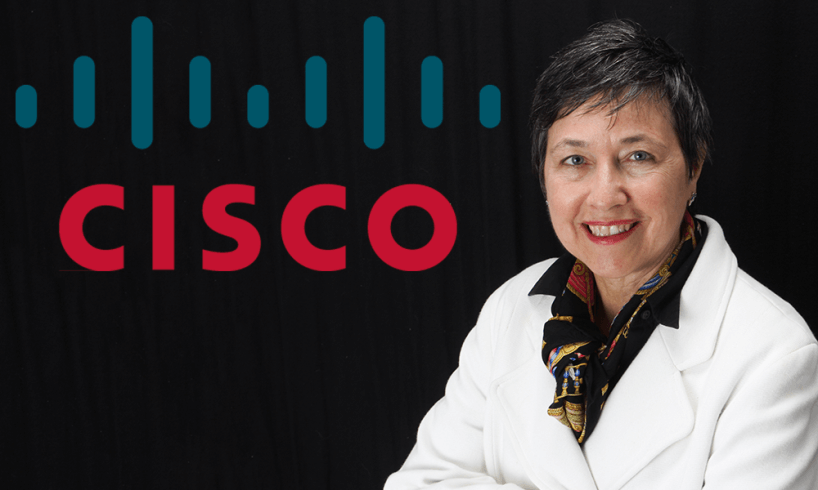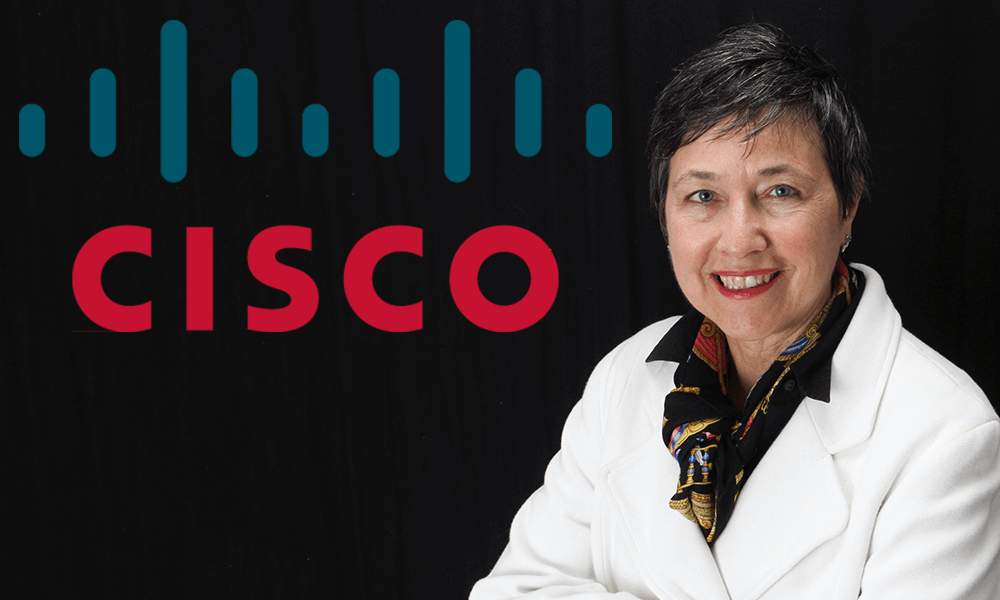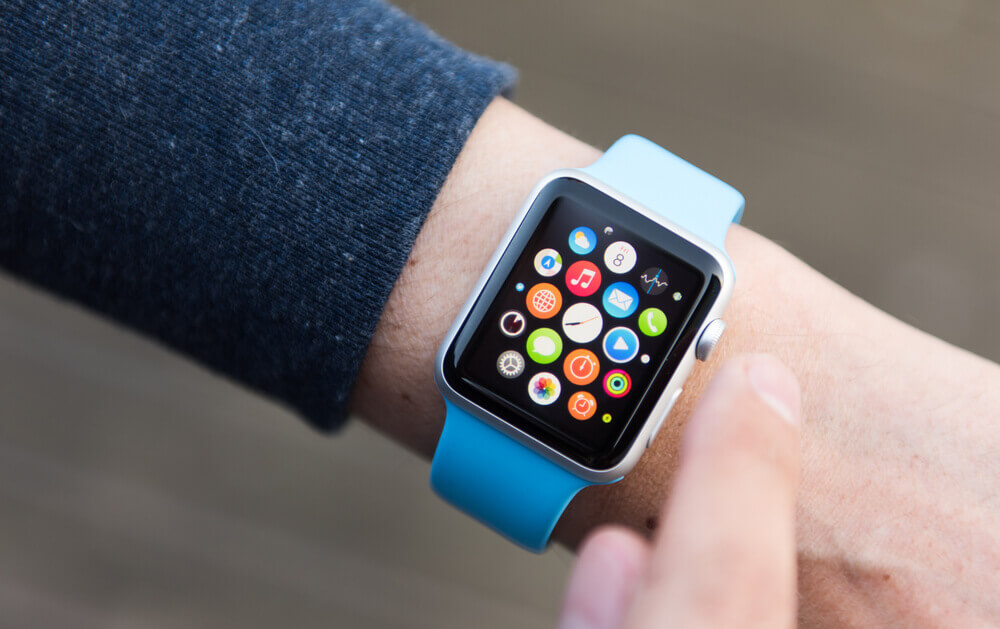
Cisco build and creates the protocols that run the internet, and is involved in software service, the Cloud and Internet of Things. Working at the intersection of technology research is Cisco’s Monique Morrow, who is concerned with the economic potential of portfolio mapping, and cares deeply for the humanitarian use of technology and how blockchain can resolve identity for people who have not status. Social media in her view, is a very powerful tool, because it delivers ‘key messages’ in exponential real time. Communicating a compelling and emotional narrative, that people can relate to via social media, is simply the modus operandi for the 21st century she explains.
Working in her new role with the IEEE group, on the culture of mixed reality, she looks at building ethics into autonomous systems. “How then do we build and understand what is required for people to use technology in a way that does no harm? How do we ensure that the use of ethics is built into new systems as well as privacy?” Morrow poses. She then goes on to say that, “this is a very nascent part of what I am doing with a group of global thinkers throughout the world. It becomes a part of all of us to share with the consumer, how technology is built and how it can be used. This is very key.” In addition, Morrow underlines that she is a very strong advocate for the humanitarian use of technology; women creating technology; using technology to build people neutral systems and multigenerational teaming.
The clients Cisco work with are across the whole spectrum Morrow reveals, including government and the private sector, small and medium-sized enterprises (SMEs), the United Nations, as well as large enterprises from service providers to large companies. Morrow also works with academic institutions, “in terms of looking at how they can take research and apply it into the industry for consumption.” On the whole, Morrow defines herself as an individual contributor, due to the nature of her work. Her approach is somewhat ‘futurist’ in terms of the work she does.
In terms of the challenges for the future, Morrow says that it is really important to be able to communicate with a variety of people, in her current role. “One of the most important topics is how does this technology relate to their future. Many people take a dystopian view that they could lose their jobs, but what is the application of technology in terms of the future of their work? How do we define the nature of work and what it means to have a job? How do we look at the skills required for lifelong learning? The digital tools we use for our work is moving very fast.”
“The notion of how to keep up with technology, and how can I be sure that I will always have work, are both important constants. The intersection of technology in the workplace in the future is very important for government, employers and those in full-time education. For those students at university, will they be using the skills gained there in the future? While these are challenges, I personally see them as opportunities.”
Monique Morrow is also pioneering the idea of the Humanized Internet [ https://newsroom.cisco. com/feature-content?type=webcontent&article Id=1785844 ]. The UN states that a fifth of the world’s population is without a legal identity—and Morrow is seeking to change those statistics the Humanized Internet and Identity-as-a-Service.
Much like ‘software-as-a-service’ or ‘platform-as-aservice’ in tech nomenclature, identity-as-a-service is the concept of providing a model to host citizens’ identifications. Morrow has many thoughts on how to create the Humanized Internet. The goal, Morrow says, is to have locations and profiles stored on the blockchain, where people, refugees, and immigrants will always have an identity.
Morrow emphasises the need for evidence of an existence. Without that, many people are left vulnerable to human trafficking, sexual slavery, and child abuse. “Within the Humanized Internet are five areas of focus; power, purpose, platforms, productivity, and participation. This blockchainenabled platform with a digital identity will be enabled with data, privacy, and security. This people-powered and self-organising platform will allow online communities to thrive and will also amplify human interaction – forums with questions and requests will be open to the community for answers”.
In closing, Morrow underlines that she is honoured to receive the accolade, AI’s Social Media Presence of the Year 2016, but warns that we need to be responsible about how we use social media. She closes the interview by sharing one last key message, stressing that “social media is important in terms of sharing key messages across the global community. Our world is very small, and this is due to the use of instantaneous information. We have to use the digital tools available with a notion of responsibility and that goes for the topic of challenging ourselves and how responsible we are concerning these particular tools.”
Company: Cisco Name: Monique Morrow
Email: [email protected]
Web: www.cisco.com
Address: Richtistrasse 7, 8304 Wallisellen, Zürich Switzerland
Phone: 41 800 179 317





















